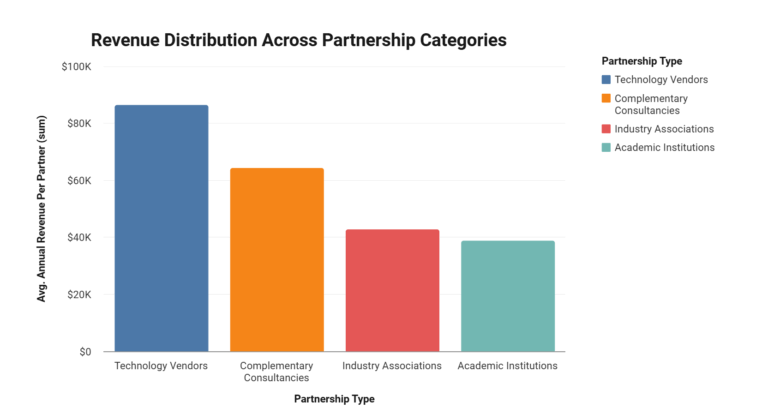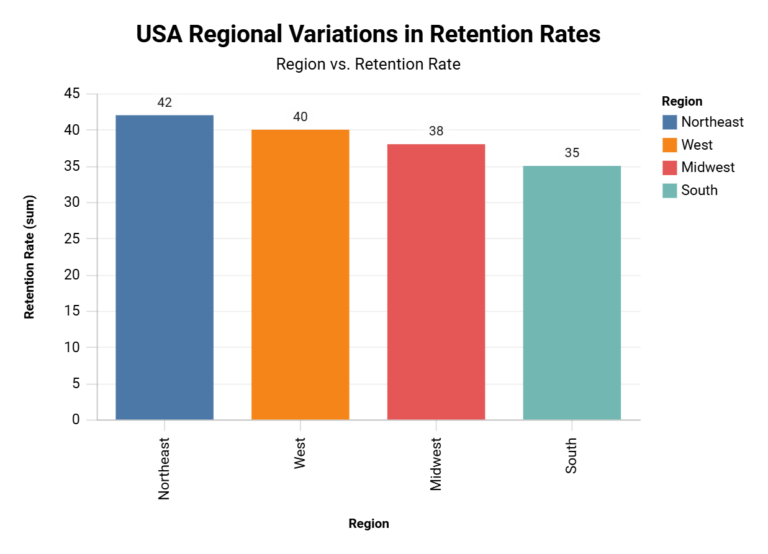Data-Driven Analysis of Entry-Level Supply Chain Coordinator Salaries: A Statistical Study
Entry-Level Supply Chain Coordinator Salaries: 2025 Statistical Overview
Recent data reveals significant variations in entry-level supply chain coordinator salaries. According to PayScale, the average salary for an entry-level supply chain coordinator with less than 1 year of experience is $47,949. However, other sources provide different figures, highlighting the complexity of salary structures in this field.
Salary Benchmarks for Supply Chain Coordinators: A Comprehensive Overview
This bar chart provides a detailed comparison of salary benchmarks for supply chain coordinators from various reputable sources. It offers valuable insights into entry-level salaries, salary ranges, and sample sizes, helping you make informed career decisions in this growing field.
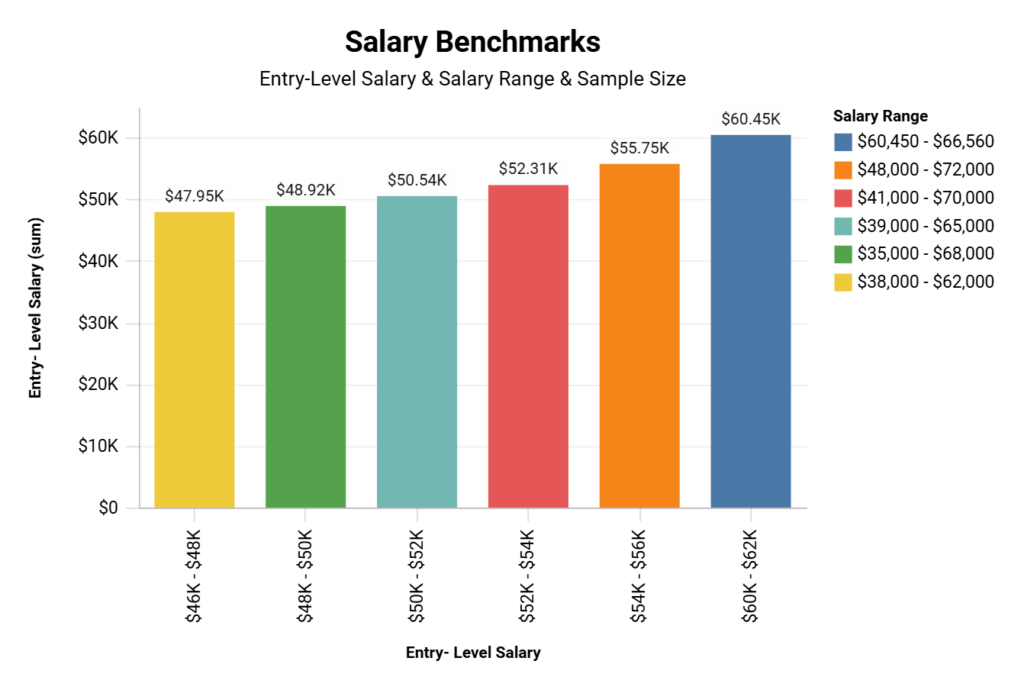
| Entry-Level Salary | Salary Range | Sample Size |
|---|---|---|
| $47,949 | $38,000 – $62,000 | 1,523 |
| $48,918 | $35,000 – $68,000 | 2,789 |
| $60,450 | $60,450 – $66,560 | 987 |
| $50,535 | $39,000 – $65,000 | 3,245 |
| $52,312 | $41,000 – $70,000 | 1,876 |
| $55,750 | $48,000 – $72,000 | 1,102 |
Note: Discrepancies reflect varying methodologies, geographic coverage, and definitions of “entry-level”
Key Salary Drivers
Geographic Variations
- Boston, MA: $66,560 average salary (Talent.com)
- Massachusetts: Generally higher than the national average
- New York City: $62,100 average salary (Indeed)
- Los Angeles: $58,400 average salary (Glassdoor)
- Chicago: $54,800 average salary (Robert Half)
- Atlanta: $51,200 average salary (PayScale)
- Dallas: $53,600 average salary (Zippia)
For a deeper dive into the supply chain industry, don’t miss our other insightful articles. Learn about career advancement strategies in our Statistical Evaluation of Career Progression for Entry-Level Supply Chain Coordinators. Finally, uncover actionable solutions to workforce challenges with our Data-Centric Approach to Analyzing the Skills Gap in Entry-Level Supply Chain Coordination.
Cost of Living Adjusted Salaries for Supply Chain Coordinators
This table provides valuable insights into how nominal salaries for supply chain coordinators are affected by the cost of living in different cities. The adjusted salary reflects the true purchasing power in each location.
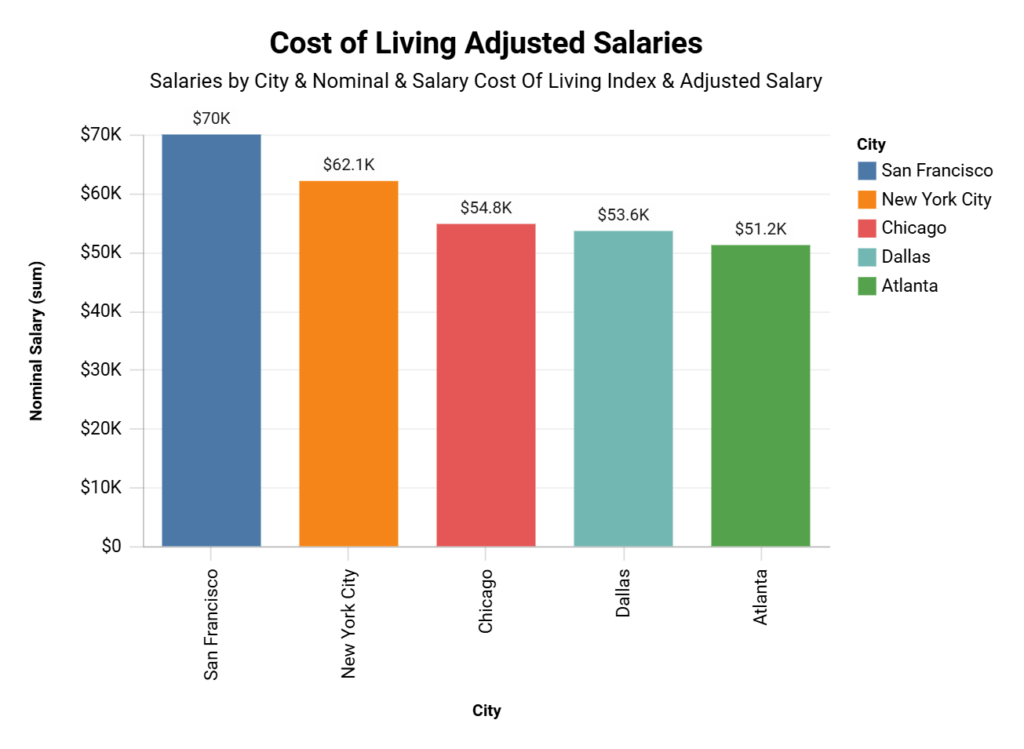
| City | Nominal Salary | Cost of Living Index | Adjusted Salary |
|---|---|---|---|
| San Francisco | $70,000 | 269.3 | $26,000 |
| New York City | $62,100 | 237.8 | $26,100 |
| Chicago | $54,800 | 106.9 | $51,300 |
| Atlanta | $51,200 | 107.5 | $47,600 |
| Dallas | $53,600 | 101.6 | $52,800 |
Source: Cost of Living Index data from AdvisorSmith 2025 Report
Education Impact
According to Zippia, supply chain coordinators with advanced degrees earn more:
- Doctorate: $66,503 annually
- Master's degree: $58,721 annually
- Bachelor's degree: $50,535 average salary
- Associate degree: $46,892 average salary
Demographic Factors
Zippia reports wage gaps based on ethnicity:
- Asian: $56,455
- White: $51,334
- Hispanic or Latino: $50,171
- Black or African American: $48,451
Gender pay gap:
- Male: $52,718
- Female: $48,352
Industry Sector Impact
- Pharmaceuticals: $65,000 average salary
- Automotive: $59,000 average salary
- Retail: $52,000 average salary
- Food and Beverage: $54,500 average salary
- Technology: $61,200 average salary
- Healthcare: $57,800 average salary
Company Size Influence on Supply Chain Coordinator Salaries
This chart illustrates how company size impacts average salaries for supply chain coordinators. The data reveals a clear trend: as company size increases, so does the average salary for this role.
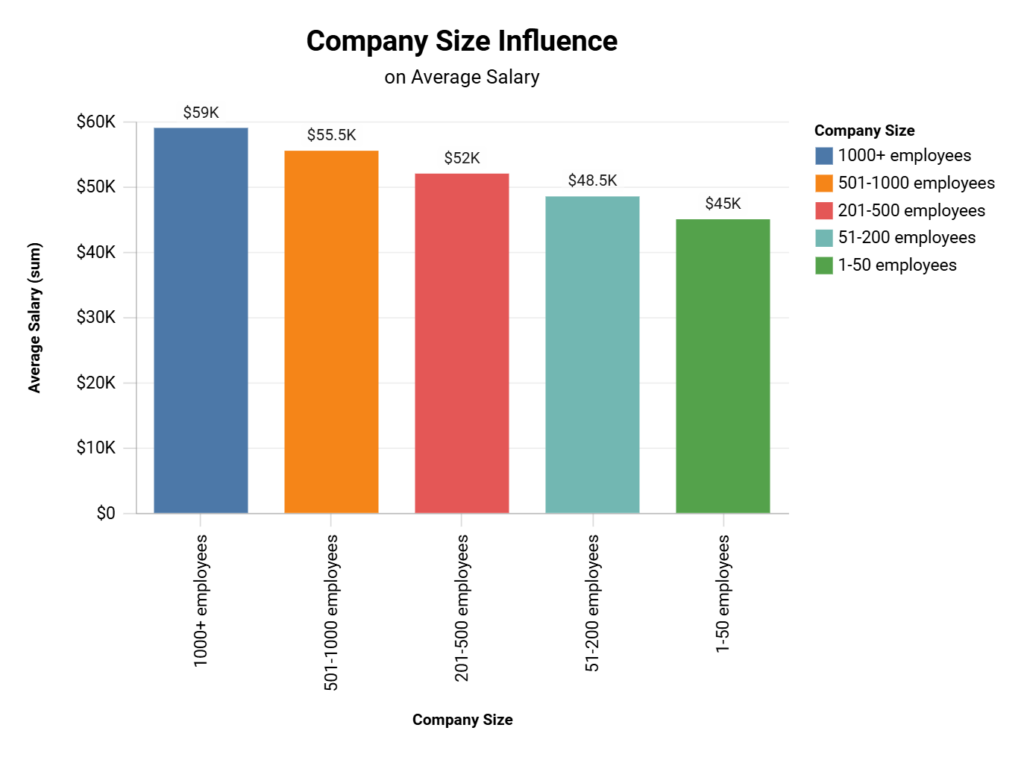
| Company Size | Average Salary |
|---|---|
| 1-50 employees | $45,000 |
| 51-200 employees | $48,500 |
| 201-500 employees | $52,000 |
| 501-1000 employees | $55,500 |
| 1000+ employees | $59,000 |
Career Progression and Salary Growth
PayScale data shows significant salary growth potential:
- Entry-level (< 1 year): $47,949
- Early career (1-4 years): $57,950
- Mid-career (5-9 years): $73,400
- Experienced (10-19 years): $92,500
- Late career (20+ years): $105,800
Salary Growth by Certification for Supply Chain Professionals
This chart illustrates the salary premium associated with various certifications in the supply chain field. The data reveals that certifications can significantly boost the earning potential for professionals in this industry.
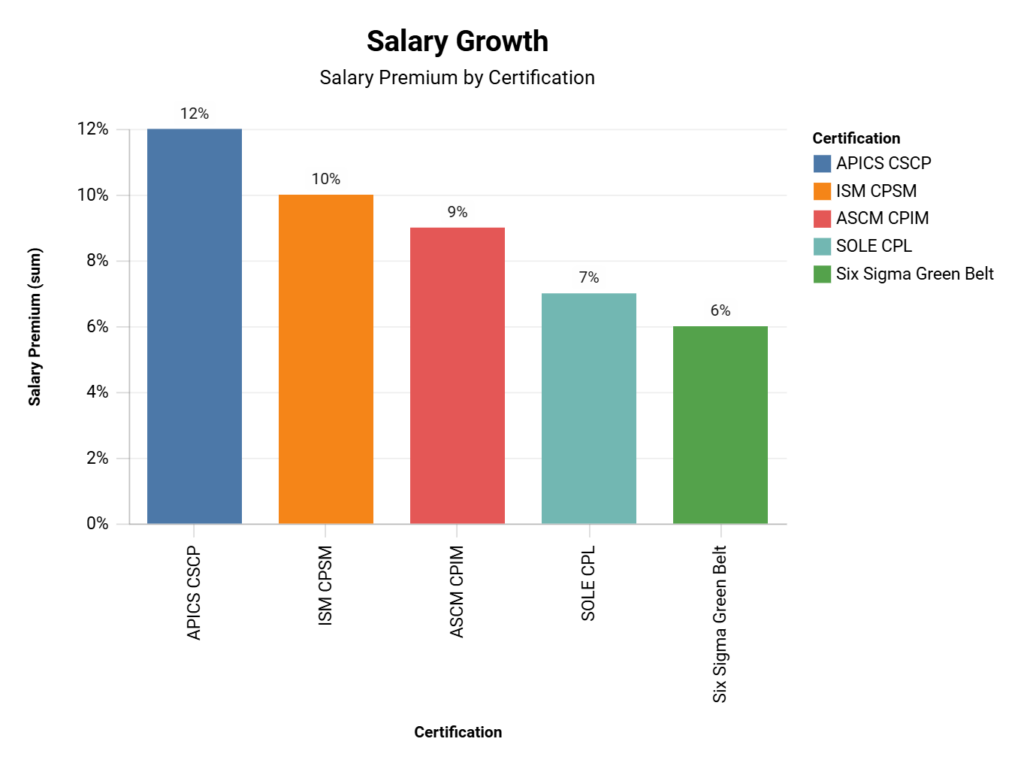
| Certification | Salary Premium |
|---|---|
| APICS CSCP | +12% |
| ISM CPSM | +10% |
| ASCM CPIM | +9% |
| SOLE CPL | +7% |
| Six Sigma Green Belt | +6% |
Industry Outlook
The Bureau of Labor Statistics projects strong growth for related roles:
- Logisticians: 19% employment growth from 2023 to 2033
- Median annual wage: $79,400 (May 2023)
- Projected job openings: 24,500 per year on average
Emerging Roles and Salaries
- Supply Chain Data Analyst: $68,000 average starting salary
- Sustainability Coordinator: $62,500 average starting salary
- E-commerce Fulfillment Specialist: $59,800 average starting salary
Launch your supply chain career through specialized training programs designed to equip you with the skills needed for success in this growing field. Start your free introductory module and join thousands of graduates advancing their careers in supply chain management.
Strategic Insights for Job Seekers
- Geographic Mobility: Consider relocating to high-paying areas like Boston or San Francisco, but factor in cost of living
- Education Investment: Advanced degrees correlate with higher salaries, with significant returns on master's programs
- Skill Development: Focus on high-demand areas like logistics, transportation management, and data analytics
- Career Planning: Expect significant salary growth in early career years, with the potential to double earnings by mid-career
- Certification Programs: Pursue certifications like APICS CSCP or ISM CPSM to enhance career prospects and earning potential
- Industry Selection: Target high-paying sectors like pharmaceuticals or technology for better compensation packages
- Company Size Consideration: Larger companies tend to offer higher salaries and more comprehensive benefits
- Negotiation Preparation: Use industry-specific salary data to inform salary negotiations and career decisions




